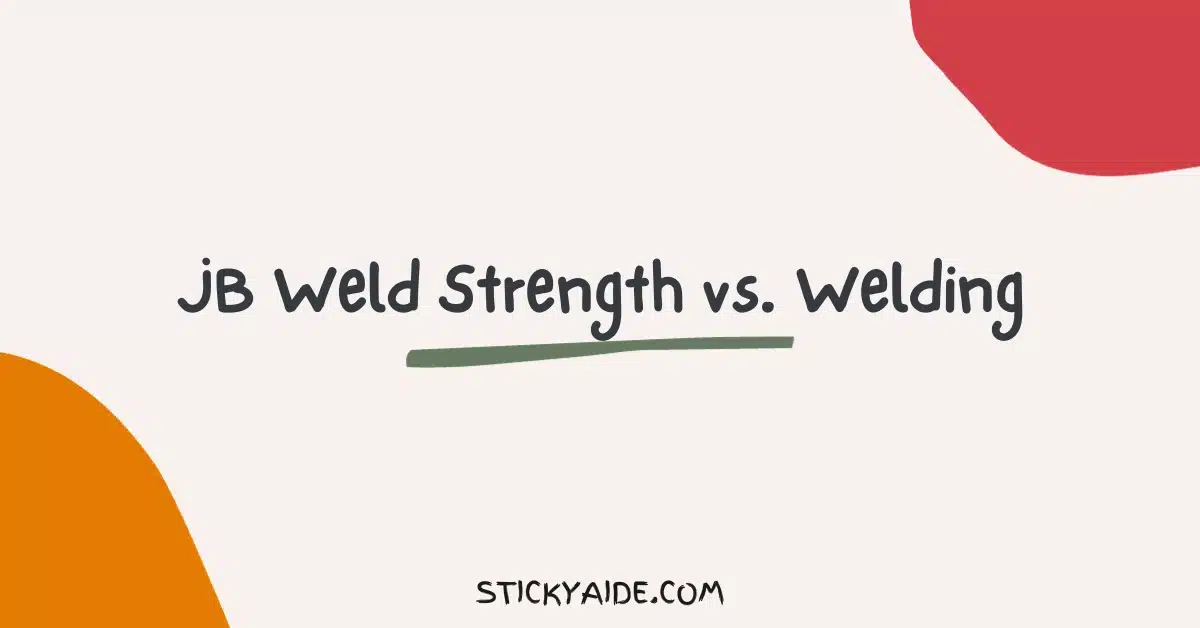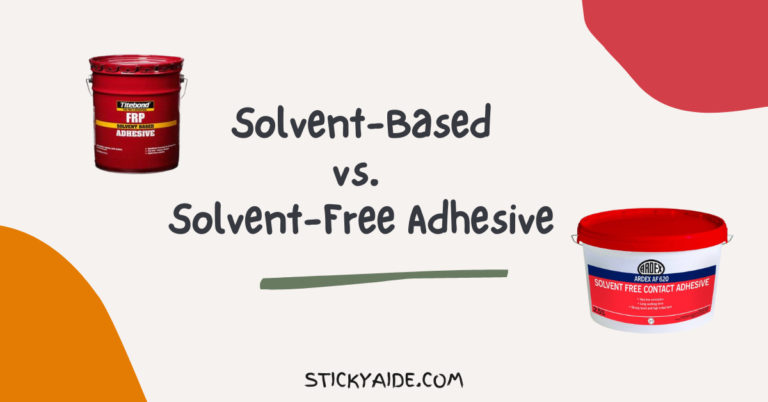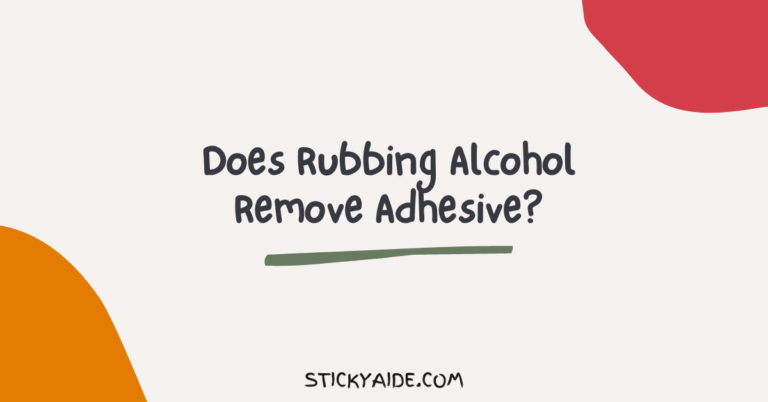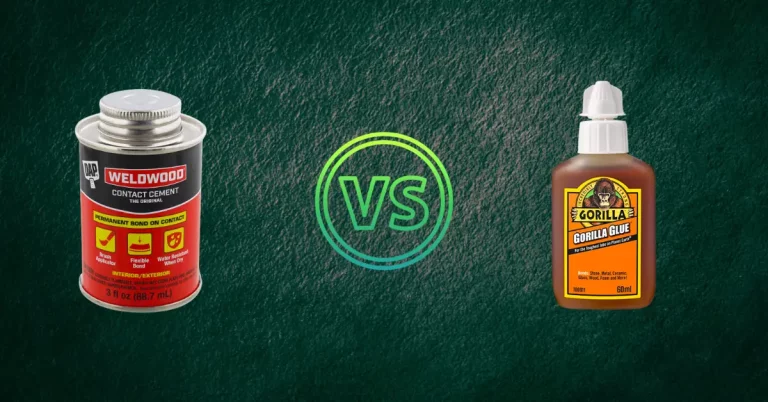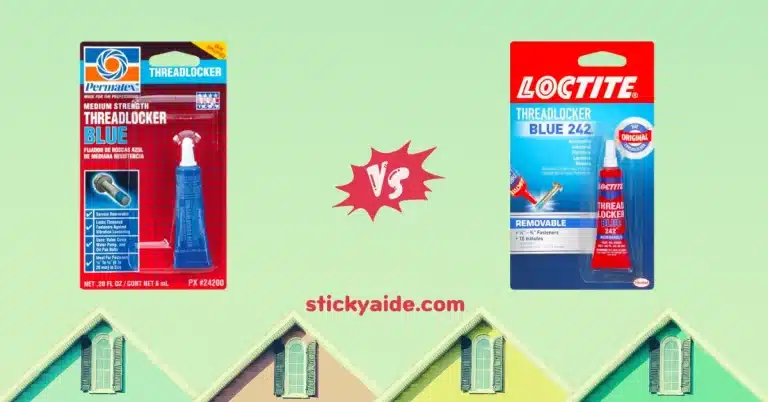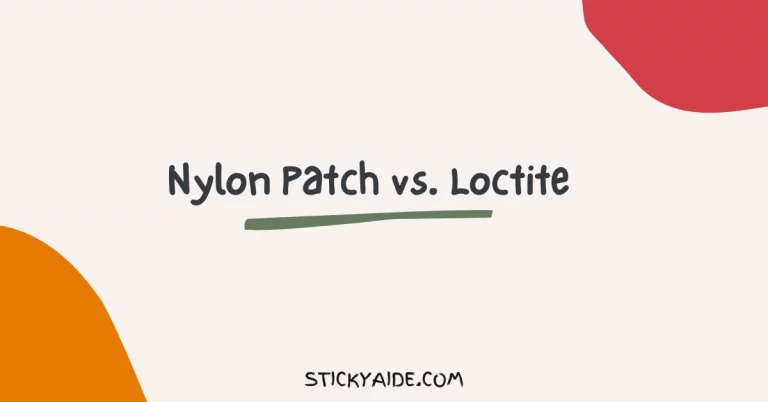JB Weld adhesives are some of the most common adhesives used in every household. On the other hand, welding is also a form of adhesion that is also used commonly in households as well as industrial sectors.
Assuming you have or plan to use these methods for your next project and are confused about which one to adopt.
To help you with such a dilemma, I have compared JB Weld Strength vs. Welding in great detail below. Go through the comparison to find out more on the same.
Read More: Metal Glue Vs. Welding
JB Weld Strength vs. Welding
Instead of just comparing the strengths of JB Weld and Welding, I have compared them in general to give you more information.
Go through the comparison table below for a quick idea.
Summary of Differences
| Features | JB Weld | Welding |
| Strength | 5020 psi | 60,000 psi |
| Compatible Material | Metal, wood, and many others | Metals |
| Ease of Use | Easy | Difficult |
| Heat-Affected Zone | No | Yes |
| Cost | Affordable | Expensive |
What Are The Differences Between JB Weld Strength And Welding?
Now that you know the differences between JB Weld and Welding, let me move forward and discuss them in detail. It will help you to understand even better.
Strength
Even though I have also discussed a lot of other differences here, what matters most between JB Weld and Welding is how strong they are and how they perform.
For starters, depending on the type of JB Weld adhesives you choose, they offer the highest tensile strength of 5020 psi.
This strength is quite high compared to its other competitors and can create a strong bond between surfaces.
But when I am talking about welding, it’s a whole different story. This adhesion method has a tensile strength of 60,000 psi.
This means that Welding is exceptionally strong and can form a nearly indestructible bond.
Read More: Devcon vs. JB Weld
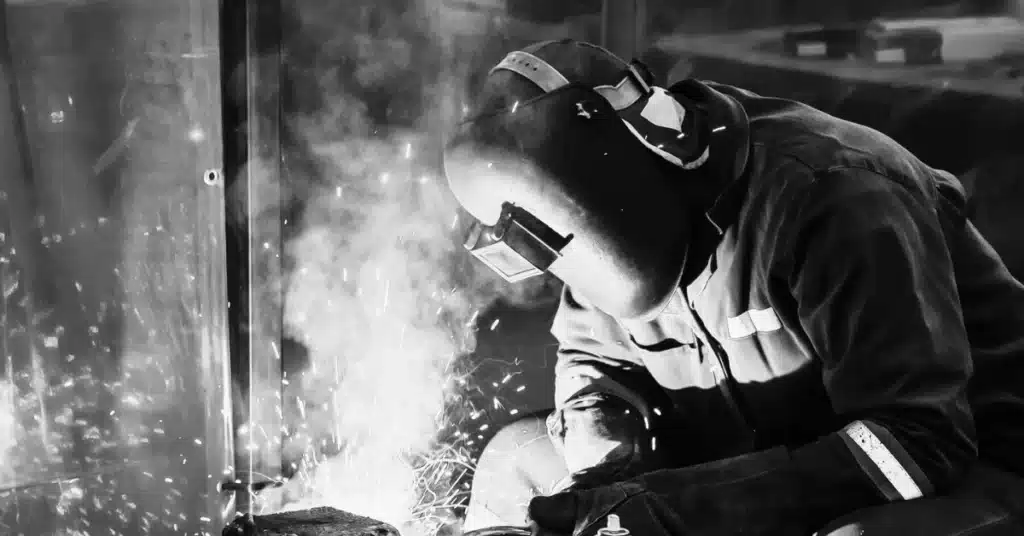
Compatible Material
JB weld is a general-purpose adhesive. This means that you can use it on various materials, including metals, plastics, ceramics, and more, to repair and form a bond between them.
But, the same isn’t true for Welding. This adhesion method is specifically meant food metal surfaces to create a bond between them.
Be it steel, copper, iron, or any other metal, Welding will form a super strong bond between them.
Ease of Use
Ease of use matters. And when it comes to how easy to use each of these bonding methods is, there is a notable difference between JB Weld and Welding.
Because JB Weld adhesives come in an easy-to-use tube or in putty form, they are incredibly easy and fuss-free to use. You won’t make any mess or face any difficulties while working with these adhesives.
On the other hand, Welding requires specialized equipment and training to bond between surfaces.
Also, as this process involves electrical connection and sparks, it might also hamper your safety if not handled correctly.
Cost
When it comes to the cost, there is a significant difference between JB Weld and Welding.
JB Weld adhesives are easy to use, come in a convenient tube, and have lower tensile strength. That’s why these adhesives are affordable and in the buying range of all users.
But the same isn’t true for Welding. Because this adhesion method requires tools and equipment for bonding and also offers high tensile strength, it is expensive.
You have to spend quite a bit to Weld your surfaces.
Read More: Structural Adhesive vs. Welding
Does J-B Weld work as well as welding?
J-B Weld is a strong adhesive that can create a durable and reliable bond between materials, but it doesn’t typically provide the same level of strength as traditional welding.
Welding involves melting and fusing the base materials, creating a molecular bond that is often stronger than an adhesive bond.
Welding is commonly used in applications where extreme strength and structural integrity are required.
J-B Weld is more suitable for applications where welding is not practical or possible, offering a strong and convenient alternative, but it may not match the sheer mechanical strength of a weld.
How much force can J-B Weld hold?
The exact amount of force that J-B Weld can hold depends on several factors, including the type of J-B Weld product used, the materials being bonded, the preparation, and application method.
Generally, J-B Weld can provide a strong bond capable of withstanding typical loads and stresses encountered in many repair and bonding applications.
However, the specific strength can vary, so it’s important to consider the intended use and select the appropriate J-B Weld product accordingly.
Last Opinion
Both the JB Weld and Welding are meant for different surfaces, and their working process is also different.
That’s why, from the JB Weld Strength vs. Welding comparison, I cannot conclude with a definite answer.
If you are looking for a super strong bond between metal surfaces, you should definitely go for Welding. With a high tensile strength, it can form an unbreakable bond.
On the other hand, if you prefer ease of use, versatility, and affordability, you should try the JB Weld ones.

